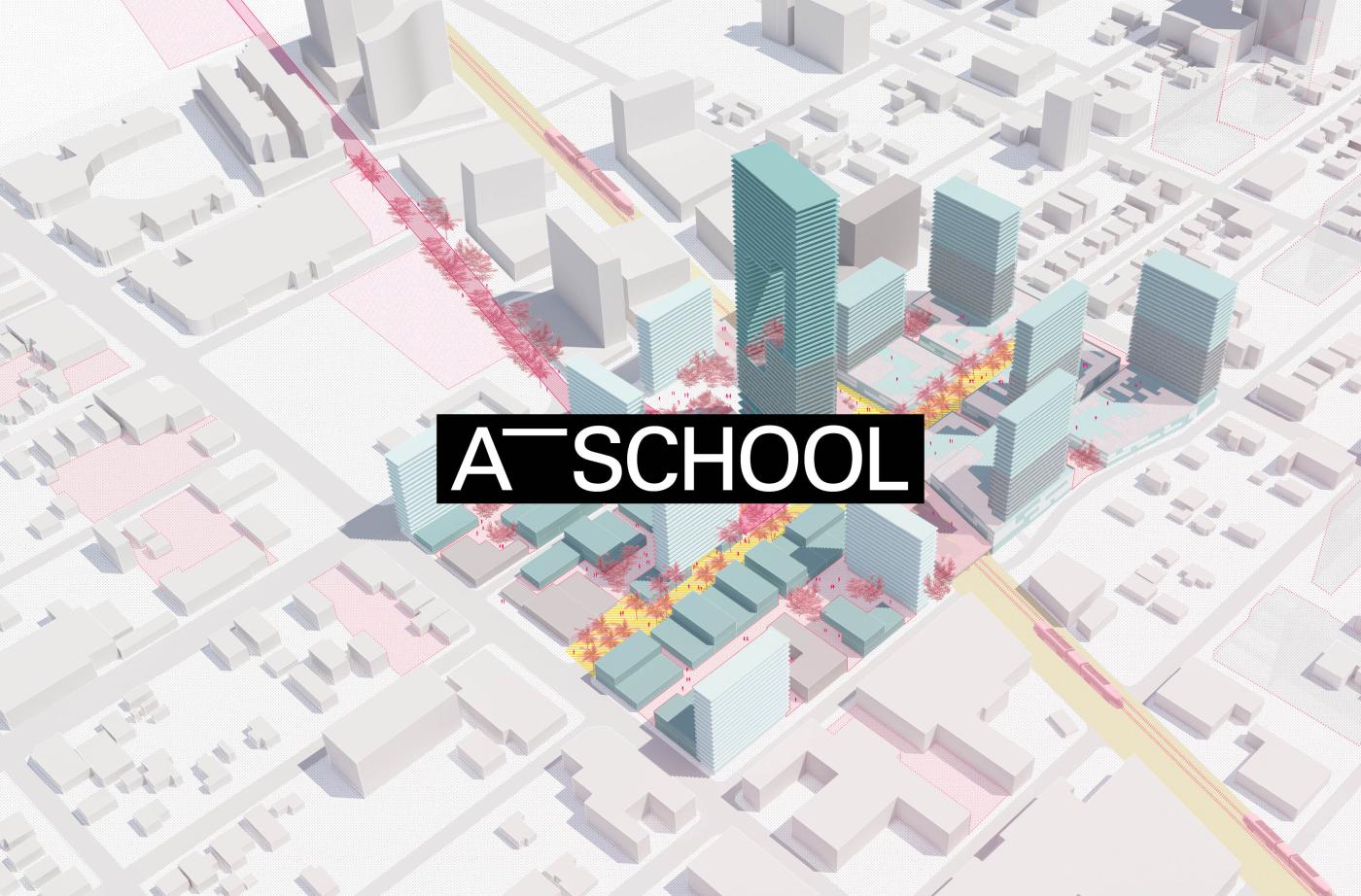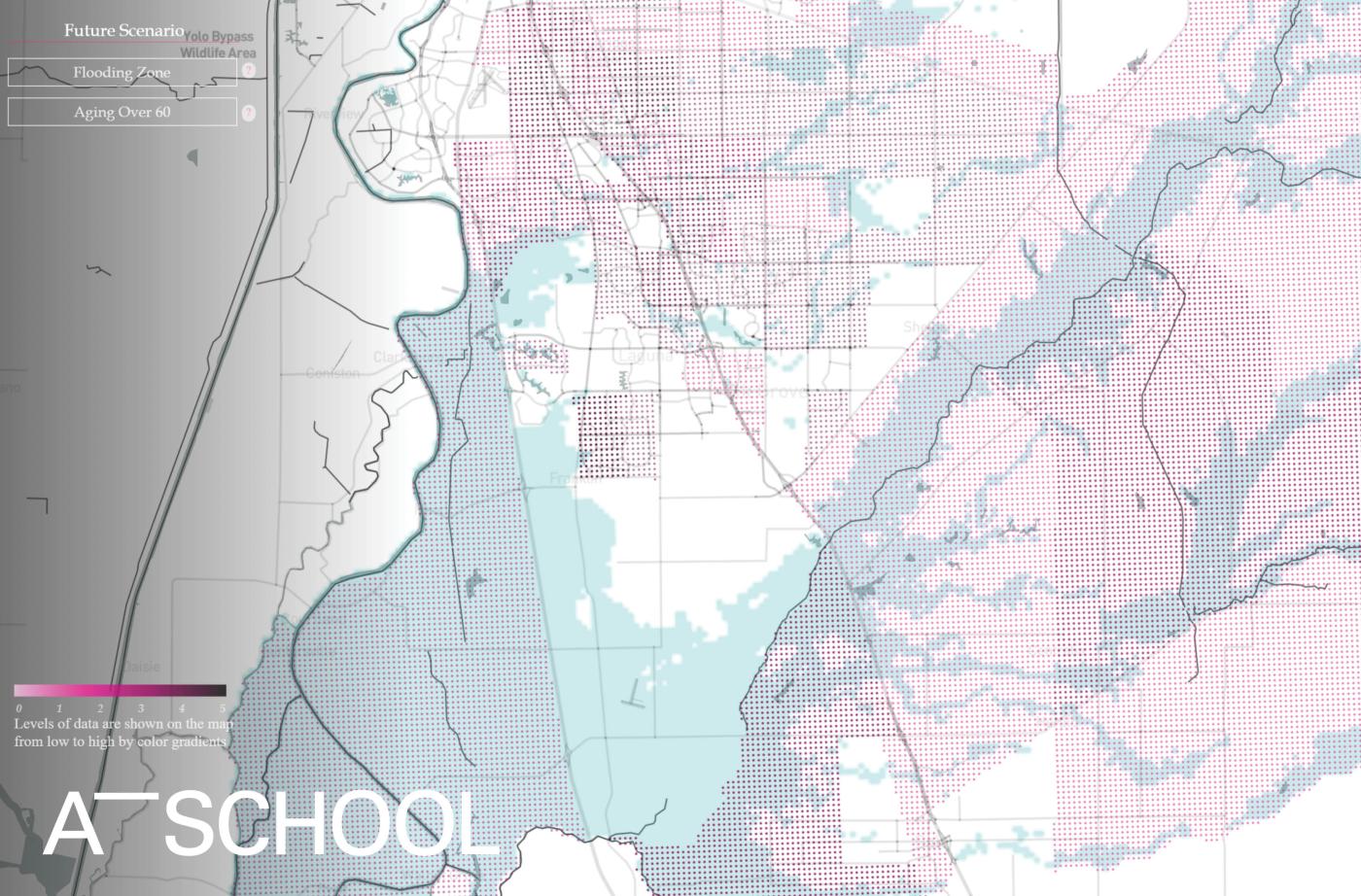Department Overview
Why Become a Planner?
Urban planning empowers communities to envision their future, helps to identify critical challenges, and facilitates the development of plans, policies, and designs to address those challenges. Rapid and intensifying urbanization requires a new generation of planners who can lead cities to healthy and sustainable built environments, more affordable housing, economic opportunity for all, and just and sustainable transportation systems—to name several of the challenges with which planners engage. As a profession, planners bring multiple skills and a range of competencies to bear on the integrated social and technical demands of cities and regions. Planners make a better future possible!

Why UVA Urban and Environmental Planning?
Urban + Environmental Planning at UVA prepares future planners to tackle the critical challenges faced by cities around the world. Inside and outside the classroom, we engage one another in that mission with a stimulating, supportive academic environment that values the intellectual breadth and diversity within our community. We’re excited by the growth of our program and the arrival of Dean Malo Hutson to the School of Architecture. Dean Hutson has expressed a vision that addresses environment, equity, and human wellbeing through design and policy, infused with an empathy towards people and our environment. In Urban + Environmental Planning, this ethic sits at the core of our teaching, research, and action in the world.
Our professional programs give students critical skills and knowledge, emphasizing methods of analysis, theories of planning, and creative strategies for implementation. We prepare students to actively plan for tomorrow's cities through innovative strategies of analysis, design, policy, and community engagement. Our students experience the practice of planning first-hand through research, design and community-driven projects, internships, interdisciplinary study, and national and global travel experiences. MUEP graduates are eligible for certification by the American Institute of Certified Planners after two years of professional practice.
Commitment to Inclusion + Equity
Planning professionals have the knowledge, skills and ethical commitment to promote equity, by offering a holistic view of impacts and opportunities related to economic development, land use, resiliency and sustainability, cultural preservation and other factors that bridge the worlds of built environment design, policy and full societal potential. Equity is a necessary guiding principle for all planners, who work as advisors, advocates, and decision makers in communities confronting and seeking to deal with historic and ongoing legacies of racism other forms of oppression across the globe. As planning educators, we believe we can learn important lessons from planning’s past and develop new approaches to equitably envisioning, building, and managing cities and natural environments. Our curriculum emphasizes how planning can contribute to more equitable places, and we seek to foster inclusion and diversity within our walls and among future planning professionals through active mentorship and support.
Key Facts*
6:77:1 — Student/Faculty Ratio
96% — Student Retention Rate
100% — Student Graduation Rate
100% — Employment in Planning-Related Positions One Year after Graduation
*Planning Accreditation Board Public Information, 2023
Excellence in Teaching and Research
The faculty of Urban + Environmental Planning are award-winning educators and leaders in planning research. Students in the Department can explore within multiple areas of planning, including environment and health, land use, housing and community development, transportation, planning in the international context, and urban design. We offer courses in each of these areas, and students build their specializations in an area of their choosing, and we encourage you to build your own across traditional boundaries.
Our faculty are engaged in research addressing key challenges across the globe. Students have the opportunity collaborate as research assistants with faculty on all these topics and more. Our major research areas include:
+ BIOPHILIC CITIES: developing a network of cities around the world to test innovative ways to integrate nature into the fabric of urban life
+ SMART TECHNOLOGIES and SMART MOBILITY: investigating emerging systems of civic technologies, connected and automated mobility, GIS systems, and data-driven analytics and visualization
+ DESIGN and HEALTH: forming meaningful collaborations between designers, planners, and members of the medical, nursing and public health communities to address urban health challenges
+ SOCIAL JUSTICE: developing empowerment strategies for disadvantaged populations in relationship to their neighborhoods, histories, resources, and public spaces
Interdisciplinary Opportunities
Urban + Environmental Planning is located in the nationally ranked UVA School of Architecture, and we offer opportunities to earn certificates in Urban Design, Historic Preservation, and Real Estate together with the MUEP within two years. UVA is one of the top-ranked universities in the nation, and planning students take courses across the university to contribute to their degree, including environmental science, engineering, public policy, public health, law and other allied fields. Students can enroll in dual degree programs in fields including Public Policy, Law, Urban Design, Landscape Architecture, and Architecture.
Why Study Planning in Charlottesville?
Charlottesville, Virginia is a place where the issues that planners worldwide care about – community, equity, housing, accessibility, resilience, public space – are front and center. Community members are actively working to address issues through action, and planners take a central role. Studying planning at UVA is an opportunity to work on these challenges through applied classes, internships, and research. Charlottesville also sits at the heart of one of the nation’s most well-developed local food systems, within a regional landscape that includes historic cities, agriculture, Shenandoah National Park, and the Chesapeake Bay watershed. Despite its remarkable natural setting, Charlottesville is on Amtrak’s Northeast Corridor rail line, less than two hours from Northern Virginia and the DC region, with the rest of the northeastern megalopolis beyond. Students and faculty learn and conduct research throughout our multifaceted region and beyond, with courses with travel programs to locations including Ghana, Morocco, India, and Germany.
DEGREE PROGRAMS
BUEP (Bachelor of Urban + Environmental Planning)
4-year undergraduate program
MUEP (Master of Urban + Environmental Planning)
2-year graduate program
PhD in the Constructed Environment
Doctoral program with Planning specialization

Our graduates work in the public, private and non-profit sectors. They build careers as urban planners for governments, sustainability directors, transportation specialists, and urban designers with architectural and planning firms, to name a few.
I hope to pursue work in the human-centered design of public spaces that promote physical, psychological, and social health for urban residents and their environment. The a-school if the ideal school for me to build upon my interest in making a difference through the design and advocacy of healthy communities. - Michaela, MUEP
Urban planning is such a well-rounded program. I have been able to take a variety of courses in politics, economics, and architecture. I studied abroad this past summer in Switzerland through the UVA Sustainable Europe course. The experience was amazing, i learned so much about aspects of transportation, water, and city planning through amazing professors as well as my own firsthand experience. - Caroline, BUEP
TOM EITLER (MUEP, 1987) SENIOR VICE PRESIDENT, ADVISORY SERVICES, URBAN LAND INSTITUTE
Tom Eitler runs the Urban Land Institute's Advisory Services Program, providing strategic advice to governments, institutions and companies on a wide variety land use, real estate development and public policy issues ranging from economic development, urban design, and municipal management associated with the built environment. The Urban Land Institute's mission is to provide leadership in the responsible use of land and in creating and sustaining thriving communities worldwide.
MARY KATHRYN FISHER (BUEP, 2016) ANALYST, PUBLIC WORKS PARTNERS, NYC
Mary Kathryn creates creative community engagement strategies from a design-thinking and strategic planning lens, specializing in public interest campaigns and public-private partnerships. With a particular expertise in land use and urban planning efforts, she builds and implements accessible tools and processes to ensure successful public outreach, translating complex regulatory issues into easily digestible information so community members can understand the implications for their everyday lives.
